Keywords: World Day Of Peace
There are more than 24 results, only the first 24 are displayed here.
Become a subscriber for more search results.
-

RELIGION
- Joanna Thyer
- 07 November 2024
3 Comments
At the World Synod in Rome, four women joined to advocate for ordaining women as deacons. Though the topic remains off the table officially, the message highlights the Church’s internal conflict between traditional values and growing calls for inclusion and change.
READ MORE
-

INTERNATIONAL
- Mark Beeson
- 04 November 2024
The Doomsday Clock remains at 90 seconds to midnight, the closest it’s ever been to calamity. In addition to the atomic scientists’ original concern about nuclear war, now climate change and the possible dangers of AI are parts of a potentially combustible mix. In short, there is much to fret about for anyone paying attention.
READ MORE
-

INTERNATIONAL
- Ken Haley, David Halliday
- 31 October 2024
1 Comment
In the most bitter of election seasons in America, thousands of votes will be won and lost by seeking to protect the civil rights of Israelis and Palestinians alike, although any kind of lasting peace will require greater effort than any U.S. political party has yet devoted to it.
READ MORE 
-
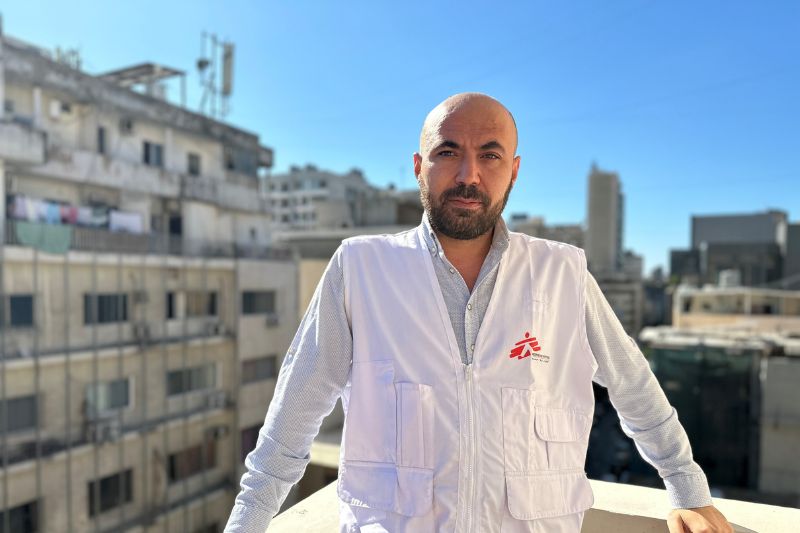
INTERNATIONAL
- Ali Almohammed
- 28 October 2024
1 Comment
In war-torn Beirut, where schools now shelter families fleeing destruction, a doctor finds echoes of his own past displacement. Amidst the pain, he witnesses resilience, but also a deep fatigue, as families yearn for peace and normalcy.
READ MORE
-

INTERNATIONAL
- Andrew Hamilton
- 23 October 2024
3 Comments
In the spirit of Spring Racing, the United Nations promotes its own high-stakes race: World Disarmament Week and United Nations Day. Despite heavy odds and the relentless rise of nuclear threats, these efforts remain crucial for global peace. Can the underdog of diplomacy prevail in the face of overwhelming opposition?
READ MORE
-
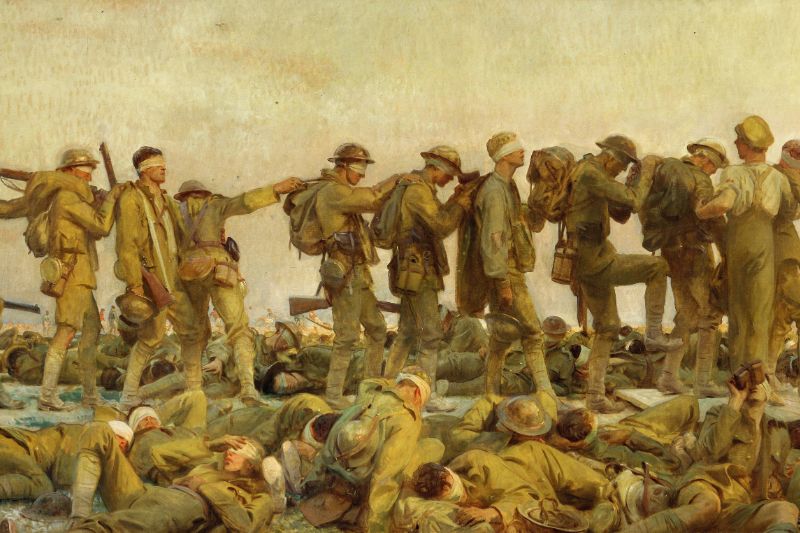
ARTS AND CULTURE
- Warwick McFadyen
- 16 October 2024
If only those who send their nation’s youth to war would read Muse of Fire, World War I as seen Through the Lives of the Soldier Poets. It is both homage and horror story. It carries the reader across several fronts – the disparate journeys that led these men to the killing fields of Europe, the blood-soaked chrysalis from which the words of the war poets arose.
READ MORE
-
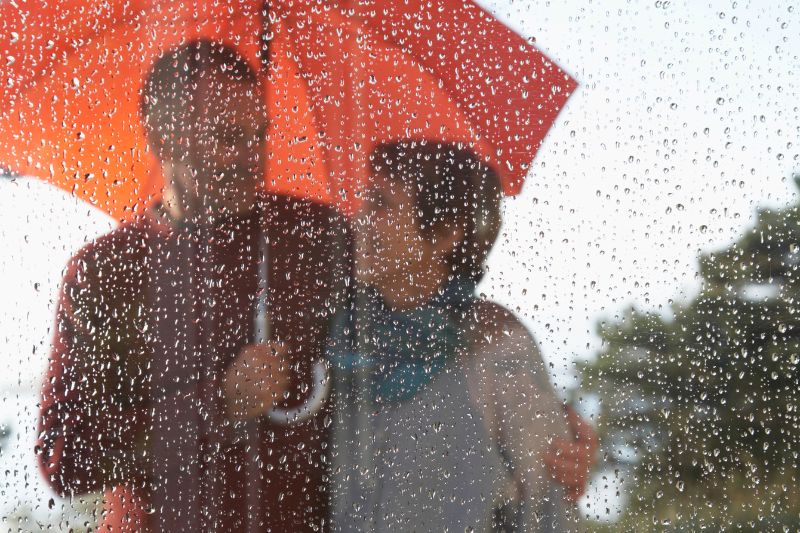
AUSTRALIA
- Barry Gittins
- 16 October 2024
1 Comment
As winter’s chill stubbornly lingers and spring arrives in fits and starts, the weight of the long cold months still presses on many of us. Yet in the midst of this darkness, thinkers like Carl Jung remind us of the power of gratitude to shift our perspective.
READ MORE
-
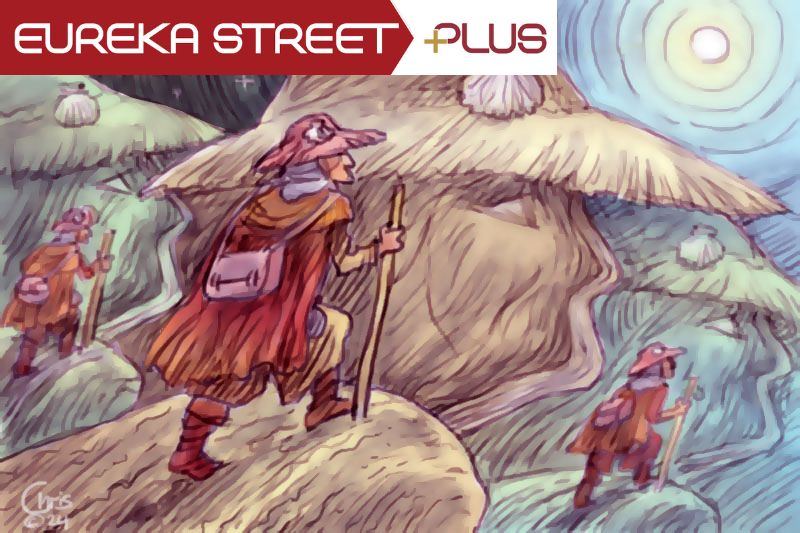
RELIGION
- Ann Rennie
- 13 September 2024
2 Comments
People visit graves and castles, libraries and mansions, battlefields and places of historical significance to feel a little of the lives of others, to pay homage, to make that human connection. We make secular pilgrimages to places that we have dreamt about or read in books or seen on screen. Wherever we go, these are ultimately visits to places within.
READ MORE 
-

INTERNATIONAL
- Robin Osborne
- 05 September 2024
1 Comment
Pope Francis has frequently voiced sympathy for refugee concerns and before leaving on this trip, he reaffirmed his call for safe migration pathways for people fleeing their own countries for fear of persecution, describing any refusal to harbour asylum seekers as a ‘grave sin’.
READ MORE
-
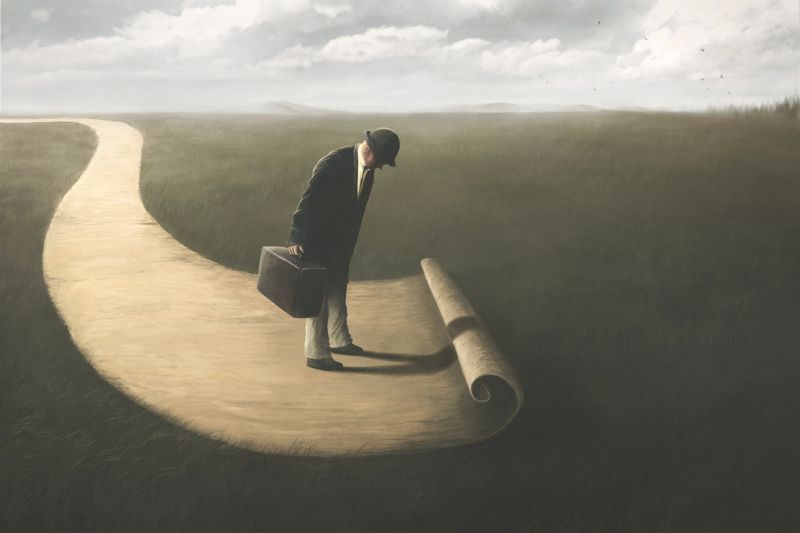
RELIGION
- Andrew Hamilton
- 21 August 2024
3 Comments
This year’s Social Justice Statement is ambitious in its scope. From the ravages of war to the erosion of truth, the statement challenges us to confront the root causes of our divisions and seek a path toward a more just and peaceful future.
READ MORE
-

ARTS AND CULTURE
- Michael McGirr
- 19 July 2024
1 Comment
Published ten years after his death, Gabriel García Márquez's final novella Until August emerges as a testament to the enduring power of an author's voice. This unexpected gift from the master of magical realism raises provocative questions about authenticity, how we view dementia, and what exactly defines an act of creation.
READ MORE 
-

INTERNATIONAL
- Geraldine Doogue
- 18 June 2024
1 Comment
I wonder how many Australians were captivated, as was I, by the 80th anniversary D-Day celebrations? They seemed epochal to me: a reminder of something remarkable and a pointer to something possible, namely new resolve to maintain peace in Europe. Not too many Australians, as it turned out, were similarly mesmerised.
READ MORE 